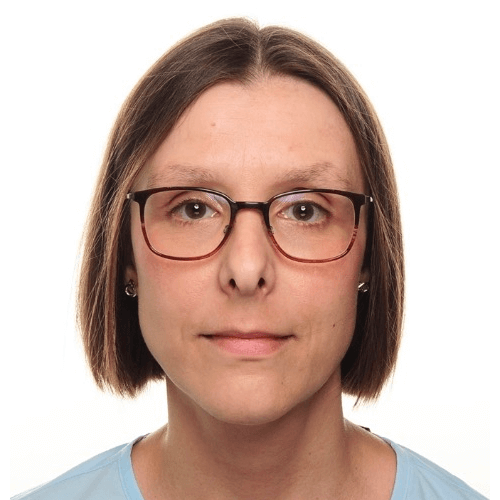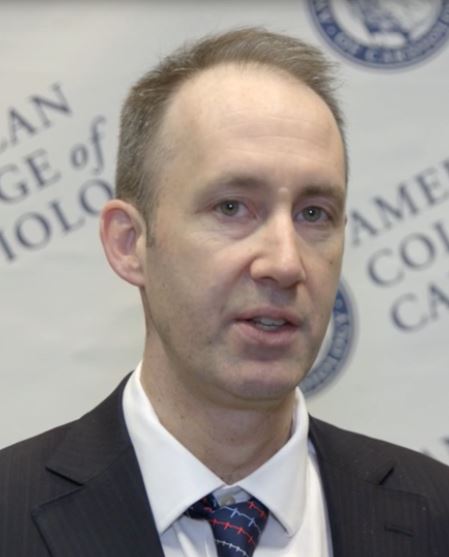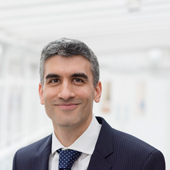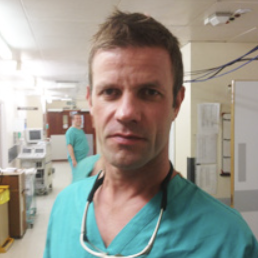Search results
Inga Voges
Job title: Lead Consultant in Cardiovascular Magnetic Resonance Imaging and Congenital Cardiology
Author
Arthur Stillman
Research Area(s) / Expertise:
Author
Timothy Fairbairn
Job title: Clinical Lead for Cardiac Diagnostics and Echocardiography
Author
Ian Paterson
Job title: Professor
Author
John Baksi
Author
Julian Strange
Job title: Bristol Heart Institute, University Hospitals Bristol NHS Foundation Trust and University of Bristol, Bristol, UK
Author
Author(s):
Sebastian Kelle
,
Eike Nagel
Added:
3 years ago
Cardiovascular magnetic resonance imaging (MRI) has moved from niche applications to the center of cardiovascular decision-making. Today, cardiovascular MRI offers several options for detecting ischemia in patients with known or suspected coronary artery disease (CAD). Over the last few years, much evidence has been accumulated of the diagnosis of CAD and heart failure with cardiovascular MRI.1–3…
View more
Author(s):
Daniel A Goor
,
Samuel Sclarovsky
Added:
3 years ago
According to Myerburg and Costellanos, the introduction of cardiac revascularization to medicine (coronary artery bypass grafting [CABG]) almost 50 years ago led to a decline in the age-adjusted mortality from coronary artery disease (CAD),1 but brought no change to the fraction of coronary deaths that are sudden and unexpected.1 Of the 650,000 who die annually in the US of CAD, 300,000–350,000…
View more
Amyloid Heart Disease
Author(s):
Yaser Nemshah
,
Alex Clavijo
,
Gyanendra Sharma
Added:
3 years ago
Article
Author(s):
Melody Hermel
,
Rebecca Duffy
,
Alexander Orfanos
,
et al
Added:
3 years ago
One of the fundamental principles of evidence-based medicine is that clinical care should be based on data derived from appropriately designed trials, registries, and observational data from patients. The best available evidence is then used to develop guidelines for clinical care, assess quality, measure performance, and improve patient outcomes. The highest level of evidence in clinical…
View more
















